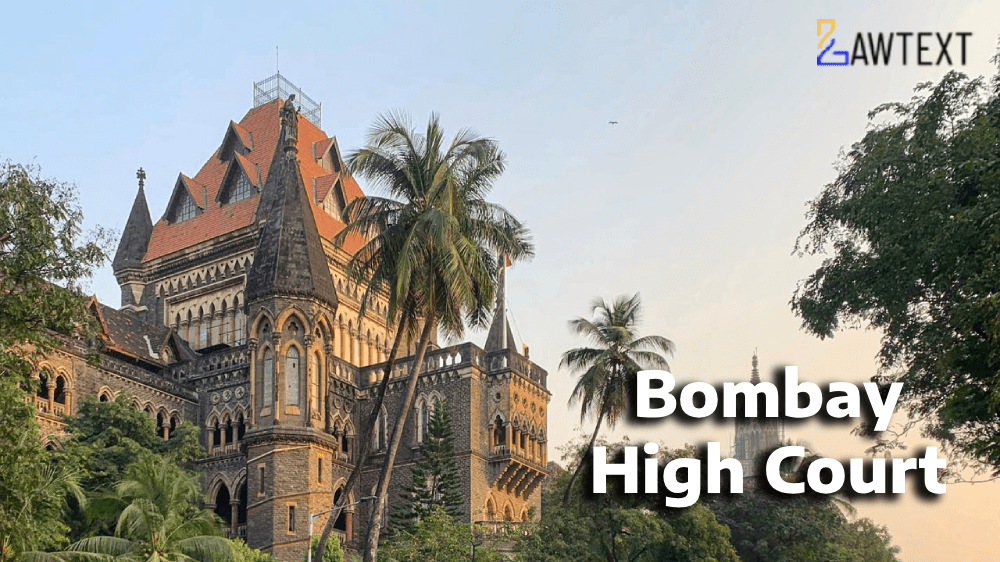

1. Introduction:
The plaintiffs, A. H. Wadia Trust, a public charitable trust, along with its trustees (Plaintiffs No. 2 to 5), approached the court via an Originating Summons to seek clarification regarding their authority to sell or develop trust property under slum encroachment, as per the Maharashtra Public Trusts Act, 1950 and other relevant laws. The defendant is the Charity Commissioner (Paras 1-3).
2. Questions Raised (Issues): The plaintiffs sought court opinion on:
3. Trust Background & Land Encroachments:
The A. H. Wadia Trust was constituted in 1882 via the Will of Ardeseer Hormarjee Wadia. Over time, its vast landholdings in Mumbai became encroached upon by slums. Notices from the Slum Rehabilitation Authority (SRA) sought to acquire the land unless the trust submitted a rehabilitation proposal (Paras 3-11).
4. Slum Rehabilitation Notices:
The SRA issued multiple notices (from June to October 2015) demanding that the trust either submit a Slum Rehabilitation Scheme within three months or risk losing the land to acquisition for rehabilitation purposes (Para 10-11).
5. Plaintiffs' Stance:
The plaintiffs argued that since the trust lacks expertise in property development, collaborating with a competent developer is essential. The trust also needs to sell non-revenue-generating or encroached land to finance its charitable activities (Paras 7-14).
6. Legal Question:
The primary legal issue was whether the trustees could undertake development and construction activities on the trust’s land (including via joint ventures) to prevent land acquisition by the SRA and generate funds for the trust’s charitable purposes (Paras 14-21).
7. Court's Interpretation of Trust Deed:
The Will of Ardeseer Wadia granted trustees wide discretion to sell the trust's property for charitable purposes. The court extended this power to allow joint ventures with developers, interpreting that selling land includes the right to develop it for maximizing value (Paras 33-35).
Interpretation of Trustee Powers:
The court ruled that the power to sell land inherently includes the power to develop the land, either alone or through partnerships, to achieve the trust's charitable objectives.
Application of Section 36 of the Public Trust Act:
Any sale or development must still be subject to the Charity Commissioner’s approval under Section 36 of the Maharashtra Public Trusts Act, ensuring compliance with trust laws (Paras 33-36).
Maharashtra Public Trusts Act, 1950 (Bombay Public Trusts Act)
Maharashtra Slum Areas (Improvement, Clearance, and Redevelopment) Act, 1971
Discusses the rehabilitation of slum dwellers and the procedures under which properties may be acquired by the SRA for slum clearance and redevelopment.
Citation: 2024 LawText (BOM) (10) 93
Case Number: ORIGINATING SUMMONS NO. 1 OF 2022
Date of Decision: 2024-10-09
Case Title: A. H. WADIA TRUST & ORS. VERSUS THE CHARITY COMMISSIONER
Before Judge: ABHAY AHUJA, J.
Advocate(s): Mr.Pankaj Sawant Senior Advocate a/w Mr. Chaitanya Chavan, Mr. Manish Acharya, Mr. Amit Joshi i/b L R & Associates, Advocates for the Plaintiffs. Mr. Mohit Jadhav, Additional Government Pleader for the State of Maharashtra.
Appellant: A. H. WADIA TRUST & ORS.
Respondent: THE CHARITY COMMISSIONER